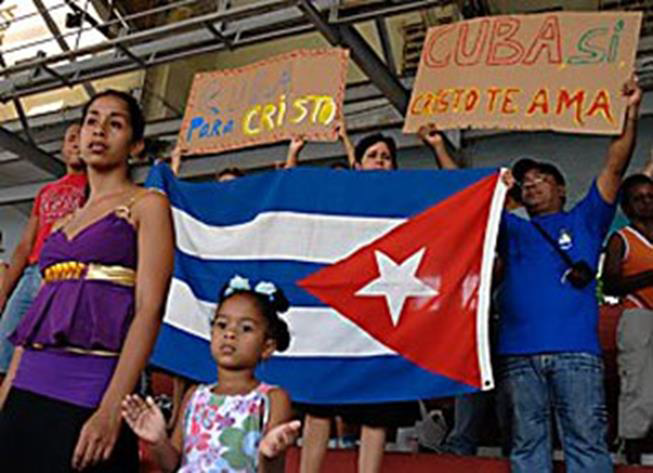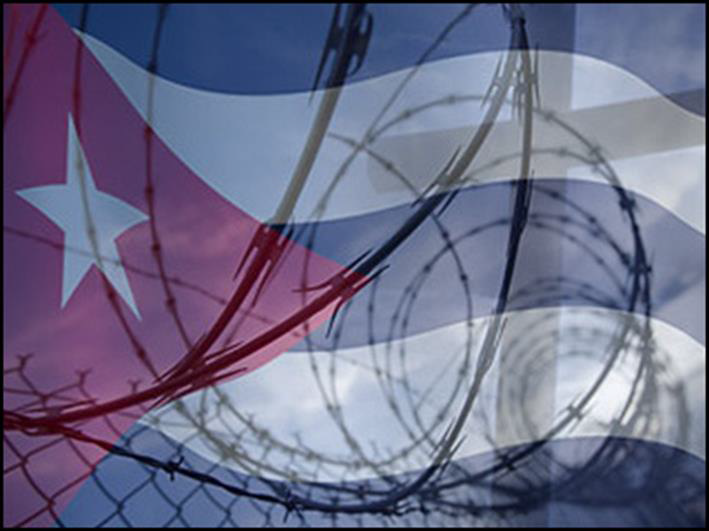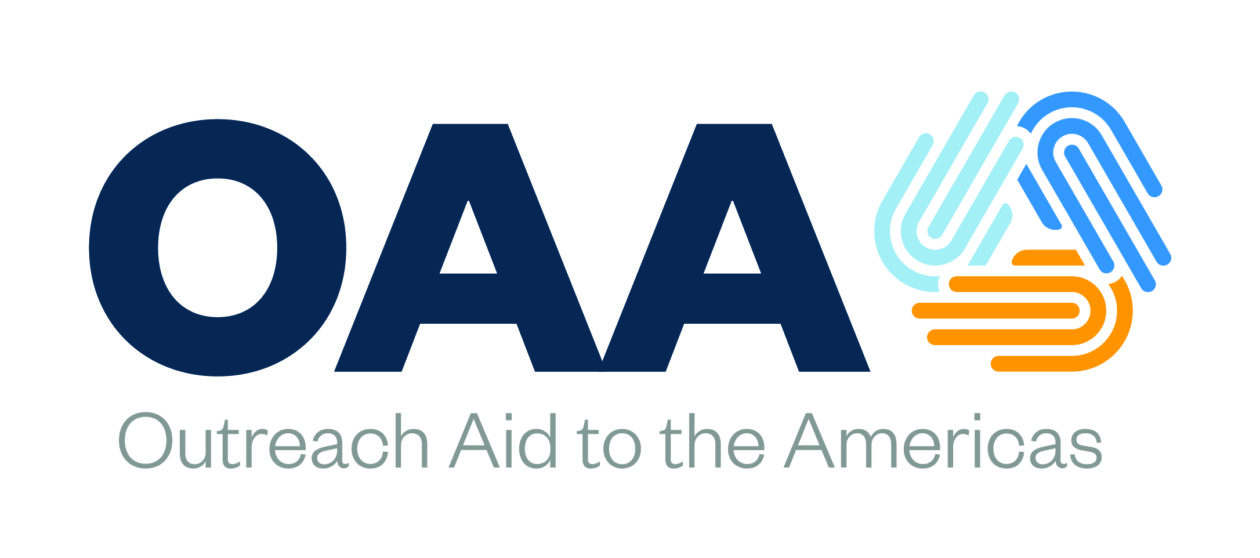Unmasking Deception – FoRB Cuba
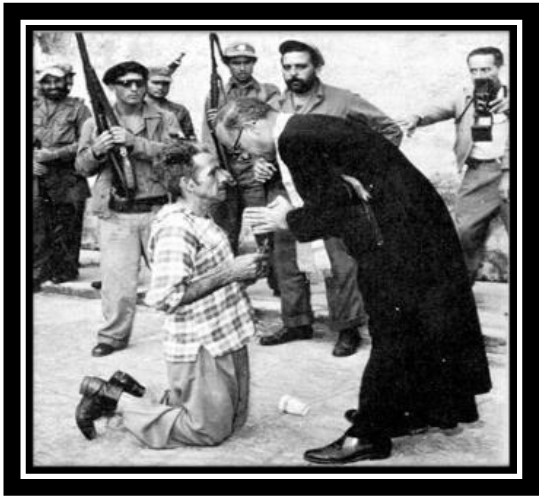
UNMASKING
Cuba’s Religious
DECEPTION
The Communist Party’s Manipulative Tactics
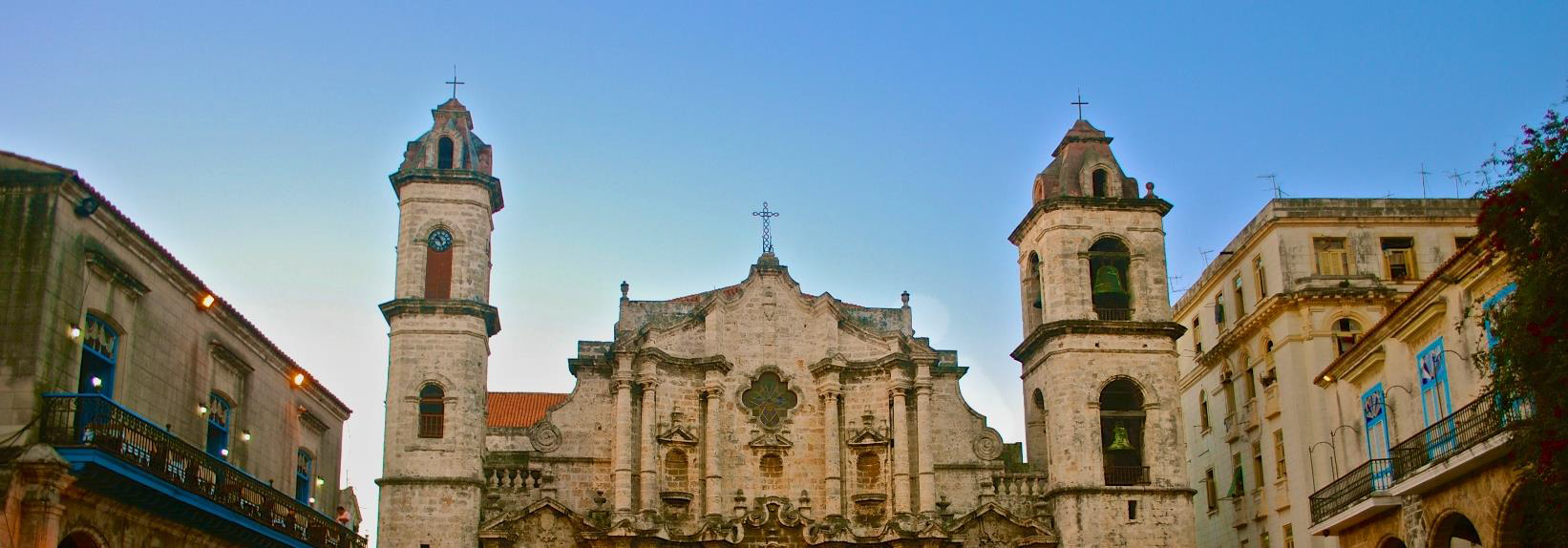
INTRODUCTION
The Cuban Communist Party can be an intimidating presence. Just ask U.S. church leaders. Many answering the call to serve the people of Cuba have had to face the daunting “religion police”, two organizations that front the work of persecuting people of faith: the Office of Religious Affairs (ORA) and the Cuban Council of Churches (CCC).
On the surface, Cuba might seem open to U.S. churches and other agencies providing assistance, as it wants the international
community to believe it respects freedom of religion and tolerates internal criticism. But the fact is that the government overtly and covertly maintains tight control of religious activities and regularly prohibits Cuban citizens from exercising their basic rights to speak, gather, and worship. And ironically, some of the worst abuses occurred during the Obama administration’s thawing of the bilateral relationship with Cuba, when religious freedom violations grew from 220 in 2014 to 2,380 in 2016, as reported by Christian Solidarity Worldwide.

On the surface, Cuba might seem open to U.S. churches and other agencies providing assistance, as it wants the international community to believe it respects freedom of religion and tolerates internal criticism.
MASQUERADING AS PROTECTORS OF RELIGION
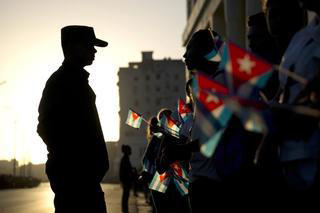
State media dictates content in virtually all of the country’s Cuban-language news outlets, severely limiting freedom of speech. The ORA and CCC monitor, control, and suppress faith-based gatherings, constraining religious activity to narrow parameters that serve the needs of the state. Activities outside those parameters are often labeled “dissident”.
Handling the ORA and CCC’s coercive influence is one of the greatest challenges U.S. churches and ministries face. To begin, they need to know what they are dealing with. For example, well-meaning but naïve U.S. church leaders may
assume that the Cuban Council of Churches is analogous to the National Council of Churches or the World Council of Churches, ecumenical nonprofits devoted to promoting social justice and interfaith understanding.
Nothing could be further from the truth. The CCC actually answers to the Cuban Ministry of the Interior’s directives and regularly violates Cuban citizens’ freedom of religion while claiming to be a non-governmental grassroots organization. In reality it represents only the protestant churches that comply with its dictates—about 20%. That leaves 80% of churches in Cuba unrecognized, unofficial, and subject to harassment, censorship, seizure of educational materials and disruption of peaceful assembly.
While Havana’s “religion police” keep tabs on Cuban seminary students, pastors, priests, and lay leaders, they also exploit gullible outsiders to spread a smokescreen of favorable perceptions of the Communist Regime’s religious policies abroad, co-opting credible western voices to propagandize on their behalf. They have timed their supposed “Religious Freedom” resurgence on the global stage to exploit weaknesses in post-Cold War diplomacy and organized religion in the U.S. and Europe.
Despite its isolation and varying levels of restrictions, the Cuban Church has not only survived, but also thrived.
WARNING TO CHURCHES AND LEADERS
Many U.S. church leaders can be uninformed and even naïve when it comes to understanding just how a repressive communist system operates. Through the ORA and CCC, the Cuban Communist Party directly and/or indirectly intimidates U.S. churches and their missions, often without their knowledge. They take advantage of vulnerabilities stemming from a Christ-based willingness to extend fellowship and charity–values inherent in Christian work such as basic trust in human goodness, a willingness to be self-sacrificing to do God’s work, and an assumption of mutual goodwill and understanding.
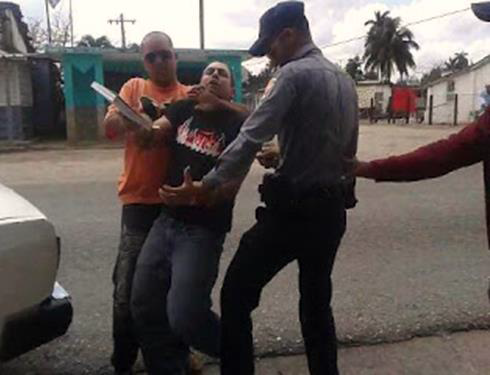
Sadly, Cuba’s tactics are paying off. U.S. church leaders can be so eager to expand into Cuba that they fail to recognize government persecution, mistakenly accepting officials’ word that the persecuted worshippers are political dissidents. In fact, instead of advocating for religious freedoms and showing solidarity with those who are victimized, the mere hint of Cuban displeasure has evoked a fear of retaliation among U.S. church leaders, triggering a troubling shift in attitudes.
For example, after having any type of contact with local religious leaders, or even with a U.S. ministry that the Cuban government deems “unacceptable,” U.S. leaders often strain to get back into the government’s good graces to avoid jeopardizing their work on the island. They may even go so far as to publicly declare solidarity and “friendly relations” with the CCC. This misguided step is often justified to defend their “greater Evangelical mission to do God’s work in Cuba.”
As a result, many U.S. churches and ministries now hesitate to speak out on sensitive issues. They do not partner with blacklisted organizations, do not associate with “dissident” pastors or priests, and are careful not to write or publish posts, blogs, articles or videos that portray Cuba as a violator of religious freedom.
Put this down as yet another win for the communist party’s psychological pressure tactics. It is highly unlikely that in the future any large U.S. church or ministry will dare communicate with “dissident” leaders –who often advocate for basic rights required by the religious community. Indeed, many current U.S. evangelical leaders have adopted a deferential—some would say sycophantic—approach toward Havana, soft-pedaling freedom of religion and human rights.
U.S. church leaders can be so eager to expand into Cuba that they fail to recognize government persecution, mistakenly accepting officials' word that the persecuted worshippers are political dissidents
UNWISE “DONATIONS”
What is more, it is not unusual to find large churches in the U.S. actually helping to bankroll the ORA and the CCC. In 2017 the U.S. State Department granted visas to officers of ORA to visit churches throughout the United States. Many churches donated money, believing they were supporting an entity that helped the Cuban church and people of faith. This fraud must be exposed.
In reality, they were financially supporting the two major egregious freedom of religion violators in Cuba. ORA and the CCC suppress freedom of religion on the island by manipulating the bureaucracy to make it exceedingly difficult for ordinary Cubans to practice their faith. Christians are frequently denied permits for new buildings, concerts, film screenings, or outdoor activities. They are discouraged from importing religious materials or aid. They are harassed, detained, and even prohibited from studying, assembling, and speaking about their faith.
U.S. churches, organizations, and the U.S. government should remain vigilant to prevent becoming unwittingly complicit in these violations of basic human rights. They need to be conscious of how they can be pressured to the point that they look the other way when the government limits and curtails freedom of religion on the island. They need to employ their powers of discernment and reasoning when engaging with Cuban officials, and not rush to trust the words of a regime that has administered a powerful propaganda machine for more than half a century.
Those seeking to work in Cuba must study, reflect on, and discuss their commitment to the basic Human Freedoms of ordinary Cubans. They need to do their homework before sending funding or missions-minded people to Cuba, and make sure that their grants and donations do not unintentionally fund government efforts to curtail religious freedoms and basic human rights. And when they engage with the ORA and CCC, they should keep their eyes wide open.
RECOMMENDATIONS TO MINISTERING IN CUBA
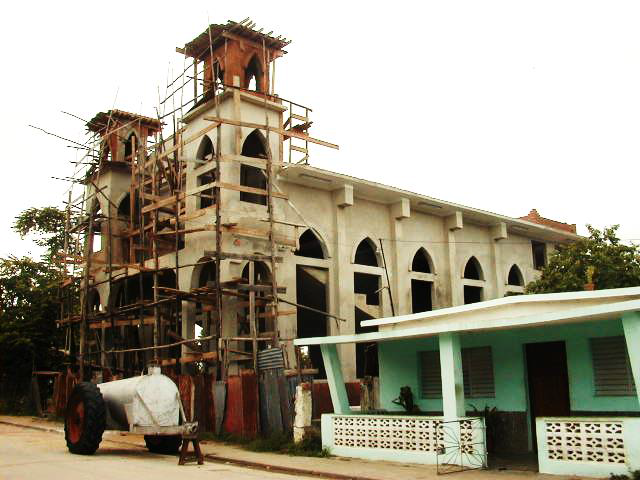 U.S. churches and ministries wishing to expand their work in Cuba would do well to start with the following strategies:
U.S. churches and ministries wishing to expand their work in Cuba would do well to start with the following strategies:
➢ Do not ask the CCC or the ORA for help identifying independent churches. Instead, consult with credible organizations that are striving to build capacity and provide program support for the Cuban Church, such as First Frontier Cuba Network. (http://www.firstfrontiercuba.org/).
➢ Commit to serving the many churches and ministries in Cuba that function independently of the government, as they are the ones who are in great need of assistance. Engage with independent churches and groups: protestant pastors, faith-based advocates, religion bloggers, musicians, and artists (typically labelled “dissidents”) and with evangelical churches that are not members of the CCC.
➢ Keep the pressure on the Cuban government to change its rules and provide total freedom of religion to its people by reporting religious violations to organizations like Christian Solidarity Worldwide (http://www.cswusa.org/).
Local faith-based communities keep the souls of the Cuban people alive as they face ongoing oppression. Before taking action, churches and other well-meaning organizations need to make sure that they help–not harm–ordinary Cubans who seek to freely practice their faith.
